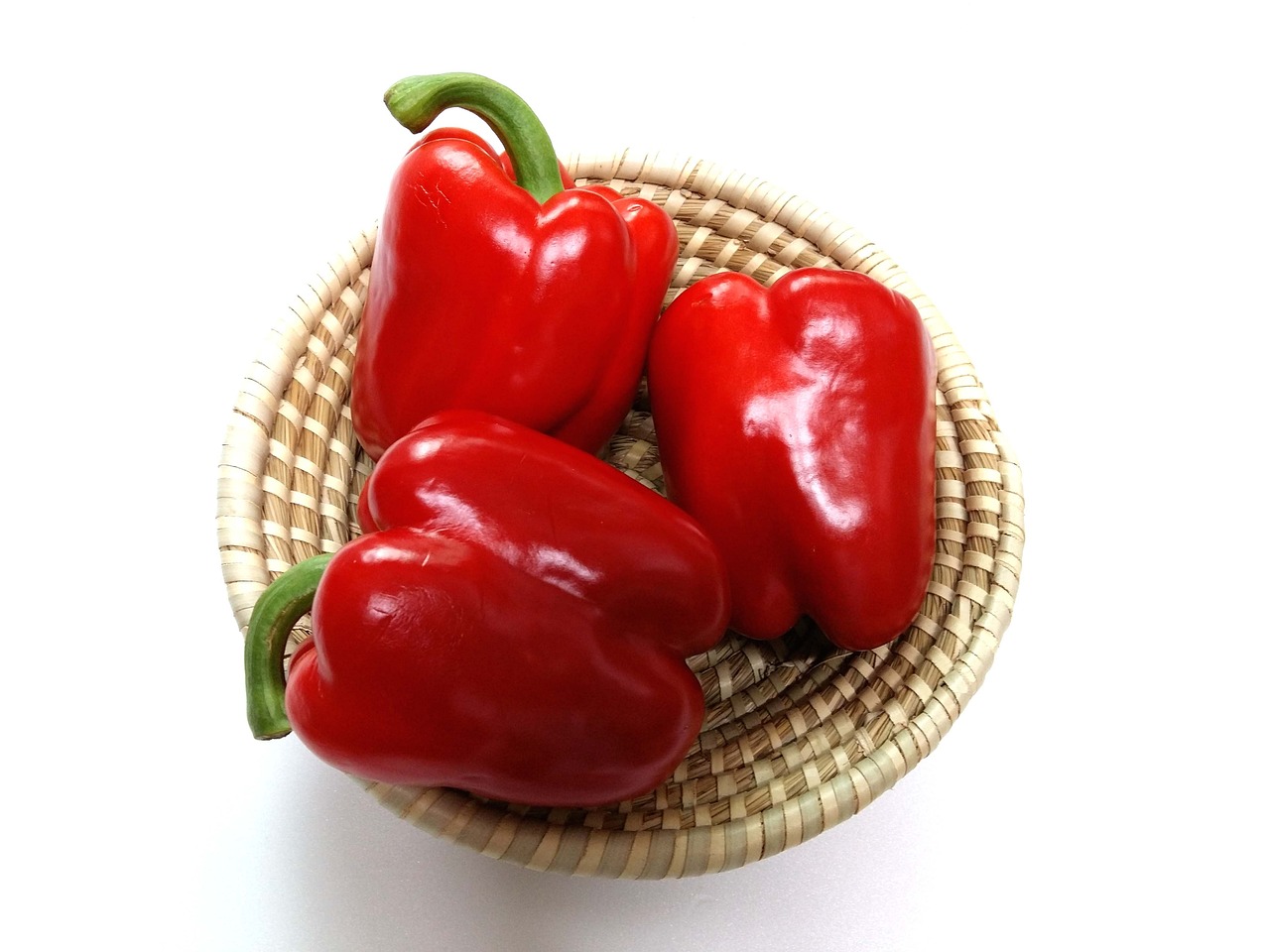The Intersection of Spice and Wellness: Holistic Approaches: 99exch.com login, Laser247. Com, Yolo247 login
99exch.com login, laser247. com, yolo247 login: In recent years, there has been a growing interest in holistic approaches to wellness, with a particular focus on the intersection of spice and wellness. Spices have long been used not only to add flavor to dishes, but also for their medicinal properties. In this article, we will explore how spices can play a role in promoting overall well-being and delve into the various holistic approaches that incorporate these powerful ingredients.
Spices have been used for centuries in traditional medicine systems such as Ayurveda and Traditional Chinese Medicine. These ancient healing practices recognize the therapeutic benefits of spices and herbs in treating a wide range of health conditions. Turmeric, for example, is lauded for its anti-inflammatory properties and has been used in Ayurvedic medicine to treat various ailments.
As research continues to uncover the health benefits of spices, they are becoming increasingly popular in modern wellness practices. Many people are turning to holistic approaches that incorporate spices to address both physical and mental health issues. From turmeric lattes to ginger shots, these ancient remedies are making a comeback in the wellness world.
One of the key benefits of incorporating spices into your wellness routine is their ability to support the body’s natural healing processes. Spices are rich in antioxidants, vitamins, and minerals that can help boost the immune system and promote overall well-being. For example, cinnamon has been shown to help regulate blood sugar levels, while cayenne pepper can aid in digestion and metabolism.
Additionally, spices can also have a powerful impact on mental health. Many spices have been linked to improved mood and cognitive function. For example, saffron has been shown to have antidepressant properties, while black pepper can enhance brain function. By incorporating these spices into your diet, you may be able to support both your physical and mental well-being.
Incorporating spices into your wellness routine doesn’t have to be complicated. There are many simple ways to add these powerful ingredients to your daily diet. You can sprinkle cinnamon on your morning oatmeal, add turmeric to your smoothie, or sip on a cup of ginger tea before bed. The key is to experiment with different spices and find what works best for you.
Holistic approaches to wellness go beyond just diet and exercise – they encompass all aspects of life, including mental, emotional, and spiritual well-being. By incorporating spices into your wellness routine, you can take a more holistic approach to your health and address the root causes of any imbalances in your body.
Here are six ways to incorporate spices into your holistic wellness routine:
1. Spice up your meals: Experiment with different spices in your cooking to add flavor and health benefits to your dishes.
2. Drink herbal teas: Herbal teas made from spices such as ginger, turmeric, and cinnamon can be soothing and beneficial for digestion.
3. Try aromatherapy: Essential oils derived from spices can be used in aromatherapy to promote relaxation and mental clarity.
4. Take herbal supplements: Supplementing with herbal remedies that contain spices can provide additional health benefits.
5. Practice mindfulness: Mindful eating can help you fully enjoy the flavors and benefits of the spices in your meals.
6. Incorporate spices into your self-care routine: Using spice-infused skincare products or creating your own spice-based remedies can support overall wellness.
FAQs:
Q: Are there any spices that should be avoided in a holistic wellness routine?
A: While most spices are safe for consumption, some individuals may have allergies or sensitivities to certain spices. It is always best to consult with a healthcare provider before making any significant changes to your diet or wellness routine.
Q: Can spices be used as a substitute for medication?
A: While spices can have powerful health benefits, they are not a substitute for medication. It is essential to work with a healthcare provider to address any health issues and determine the best course of treatment.
Q: How can I determine which spices are best for me?
A: Experimenting with different spices and paying attention to how your body reacts is the best way to determine which spices are most beneficial for you. Listen to your body’s signals and consult with a healthcare provider if you have any concerns.
In conclusion, the intersection of spice and wellness offers a holistic approach to health that incorporates the healing properties of spices into all aspects of life. By embracing the power of these ancient remedies, you can take a proactive approach to your well-being and enjoy the numerous benefits that spices have to offer.







